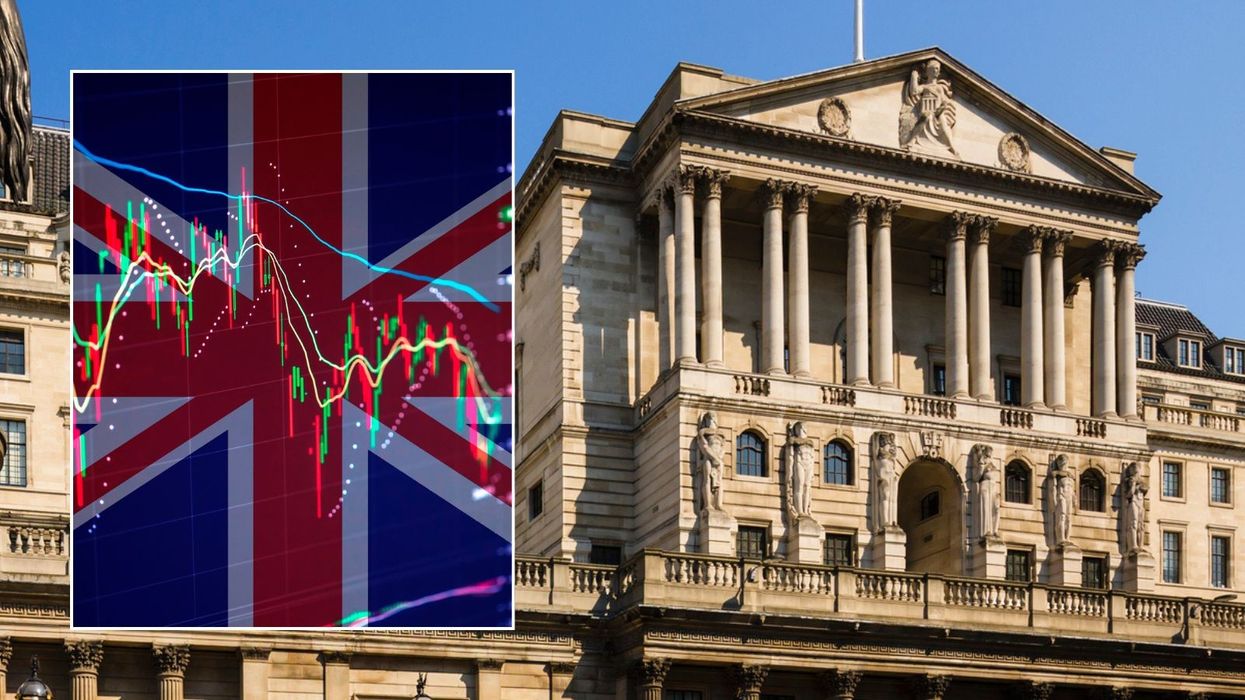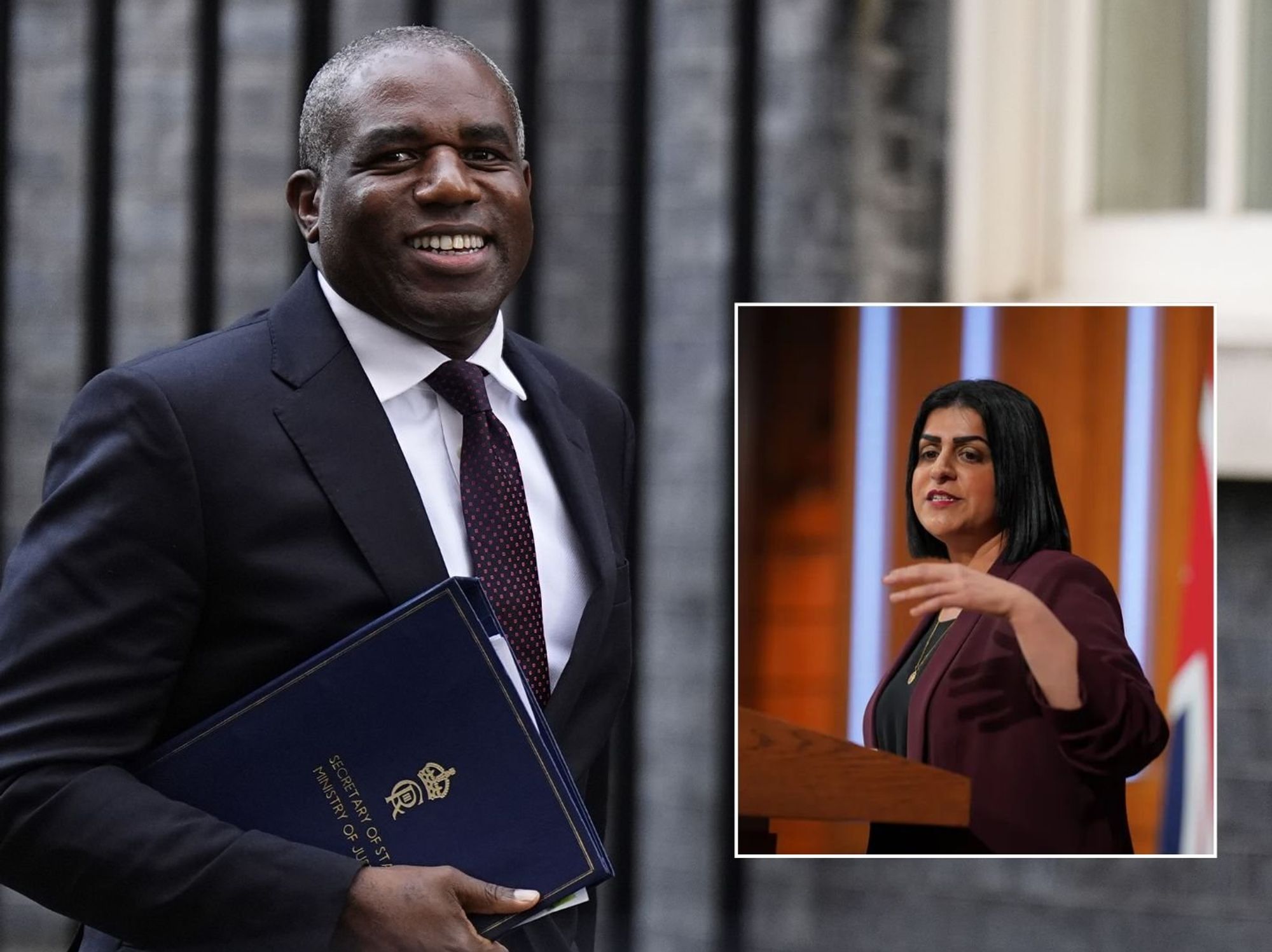Bank of England 'to cut interest rates two more times this year'

The next Monetary Policy Committee (MPC) is scheduled for September 19
| GETTY
The next Bank of England Monetary Policy Committee (MPC) is scheduled for September 19
Don't Miss
Most Read
The Bank of England could cut interest rates two more times this year as the latest data shows that wage growth has cooled.
The average weekly earnings in the three months to July were 5.1 per cent higher than a year earlier, according to the Office for National Statistics (ONS).
That was the lowest increase for two years and marks a sharp slowdown compared with July last year when wages were growing by 7.8 per cent
Experts said it should be enough to persuade the Bank of England to cut rates further this year - after the base rate was reduced to five per cent last month.
Ashley Webb, UK economist at Capital Economics, said: "The further easing in wage growth will be welcomed by the Bank of England as a sign that labour market conditions are continuing to cool."
However, few expect the Bank to go for another cut when its rate-setting Monetary Policy Committee meets next week.
Instead, markets are predicting a one quarter point cut in November and another in December. That would take the base rate down to 4.5 per cent.
Susannah Streeter, head of money and markets at Hargreaves Lansdown said: "Financial markets see about a 76 per cent chance that rates will be kept on hold at the next meeting.
"Over the longer term one interest rate cut is fully priced in for November and markets are estimating that it’s highly likely that we will see another interest rate cut in December”.
The remaining three MPC meetings will take place on the following dates:
- September 19
- November 7
- December 19
The slowdown in wages is less damaging to workers' household finances than it might have been, because inflation has slowed sharply.
Stripping out the impact of inflation, pay is rising by three per cent, close to three-year highs.
UK interest rates were cut on August 1, 2024 for the first time since 2020, bringing relief to many households and businesses struggling with higher mortgage costs and debt repayments.
The Bank of England cut the base rate from 5.25 per cent to five per cent in a split decision by the MPC.
Despite this, the pain is far from over. Interest rates remain high and are unlikely to return to the ultra-low levels we experienced between 2009 and 2021 – at least not any time soon.
Wages are a big driver of inflation, as they encourage household spending which pushes prices up. As a result, the Bank of England watches wage growth data closely when setting interest rates.
Wage growth data is also used to determine the state pension triple lock.
LATEST DEVELOPMENTS:
Under the triple lock, the state pension rises each year in line with which ever is highest: National Average Earnings, CPI inflation or 2.5 per cent.
Earnings figures for the three months to July are used for the yearly increase, and these showed total pay rose at an annual rate of four per cent, much higher than inflation at 2.2 per cent.
The new full state pension is expected to rise by £460 a year from April, the data suggests.










